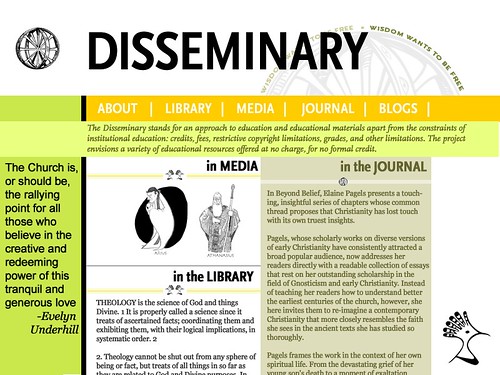Open Window
I’ve been offline almost all day; someone at Adobe suspects someone at Seabury of running a BitTorrent file of Macromedia Studio, so our provider at Northwestern has shut down one block of ports — which included my office. I’m at home right now, changing clothes before going out for the evening with my beloved, in anticipation of her departure this week for parts east. If there’s time before or after, I’ll write a “hear, hear” to Halley’s recent acclamation of the BlogHer conference.
Either way, here’s another card:
50 First-Century Judaism, Single PDF — Six-Up PDF — JPEG
I have a queue that includes the Doctors of the Eastern Church, the Doctors of the Western Church, David, Augustine of Canterbury, Bridget, Patrick, Columba, Bede, Hilary of Poitiers, Eusebius of Nicomedia (not a really good reason for him, but I got most of the way into preparing the card, so I’ll just go ahead and export it), the first four ecumenical councils, Eutychianism and Apollinarianism.
Derek suggests adding Isidore (a gimme, since he’s Patron of the Internet, but also because he provides the name for the hero of one of my favorite Philip K. Dick novels, Confessions of a Crap Artist), Martin of Braga, and Caesarius of Arles, too; I’ll add ’em to the list, Derek, but they’ll have to wait their turn.
Now, I have to go put on some clean clothes for my date tonight. Woo, woo!


